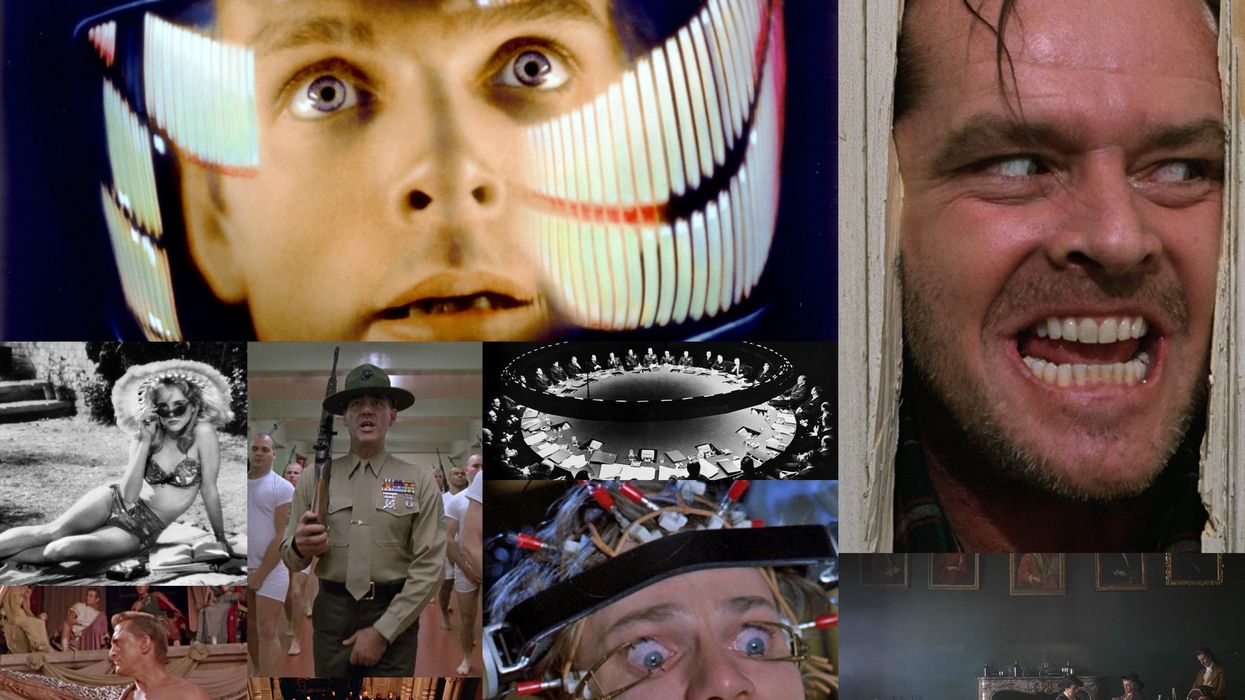Even though he only had 13 feature credits to his name, Stanley Kubrick became one of the greatest filmmakers in cinematic history, whose works are arguably some of the most studied and analyzed in the medium. But it's not just his stories, aesthetics, or obsessive attention to detail, it's the way he sought to change cinema as an art form.
In his latest video essay, Lewis Bond of Channel Criswell digs deep into the oeuvre of the great auteur, revealing the many ways in which Kubrick broke with cinematic and narrative convention, and changed and redefined the cinematic landscape.
We obviously like to talk about Stanley Kubrick around here, sometimes with great futility (at least on my part—Morrow is quite the Kubrickian scholar), because his brand is so difficult to define. In fact, it's not really a brand at all. Kubrick's approach to cinema was ever-changing and wasn't anchored by things you'd traditionally expect in the work of great filmmakers that came before and after him; it was anchored not by style, but by his philosophy.
Kubrick made films that dealt with the grandiosity of the world he perceived, and according to Bond, this is what made his films feel cold, even removed from the audience itself. In other words, viewers aren't expected to feel the typical connection with the content, or identify with the story or characters as they would any other film, because Kubrick didn't create them for this purpose.
Instead, it was Kubrick's obsession with extremes that determined his content, and his obsession with infusing meaning into everything within the frame that determined his style. This is why you can't simply watch a Kubrick film—you have to really look at it. His works don't exist for mere entertainment, though they can be entertaining, but for deep and intense study, for inquiring and wondering about the world created on the screen.
In a medium where most artists force the viewer to ask questions about the story—what is the plot, who is this character, when will the hero find closure—Kubrick forced the viewer to ask themselves important philosophical questions about life—what does all of this mean—because, as Bond points out, he respected the viewer enough to allow them to figure it out themselves. His work was his way of leaving a trail of breadcrumbs leading to the inquests and revelations he had about the world, imprinting the answers onto celluloid for anyone who wanted to find them.
Source: Channel Criswell















